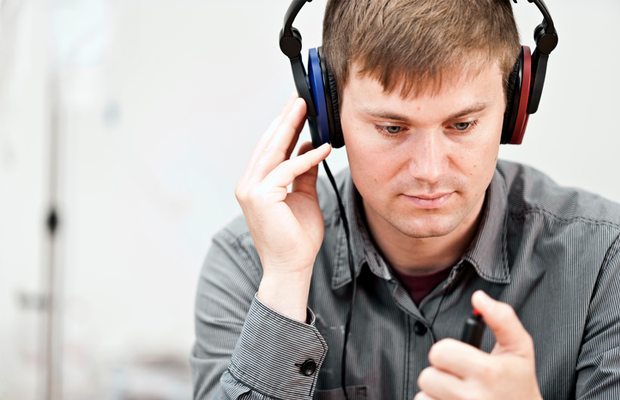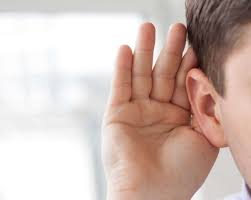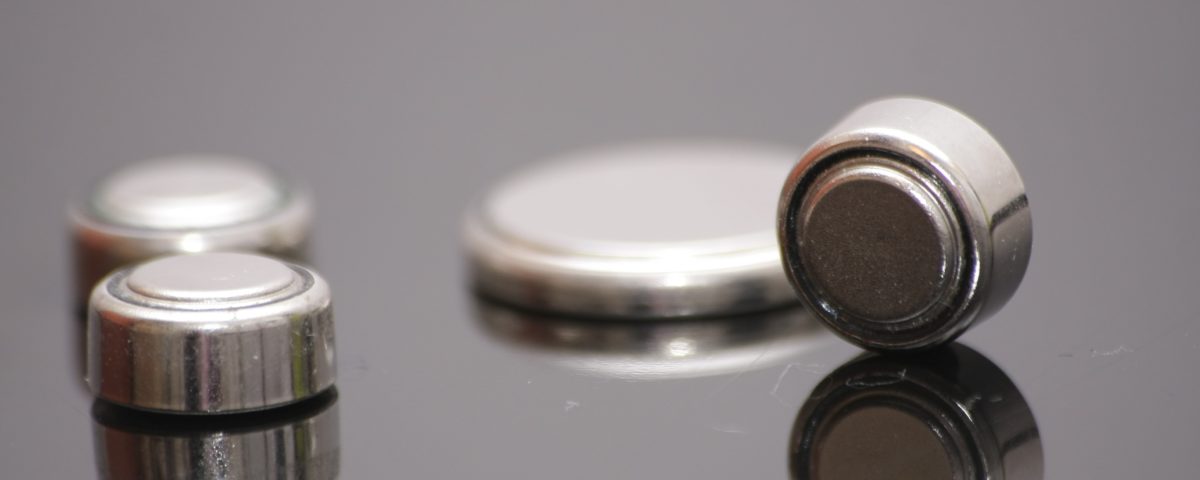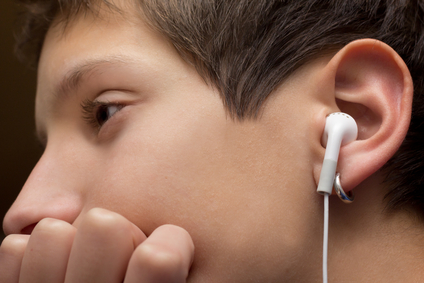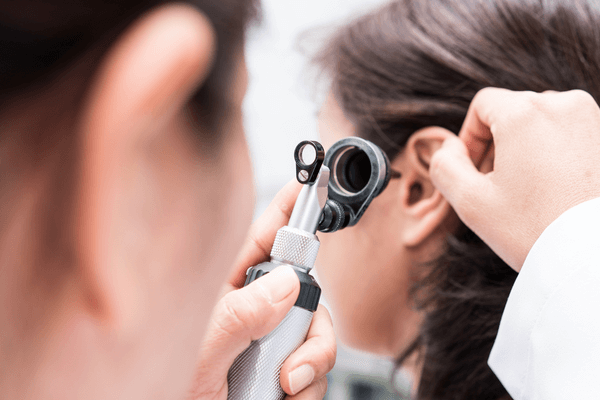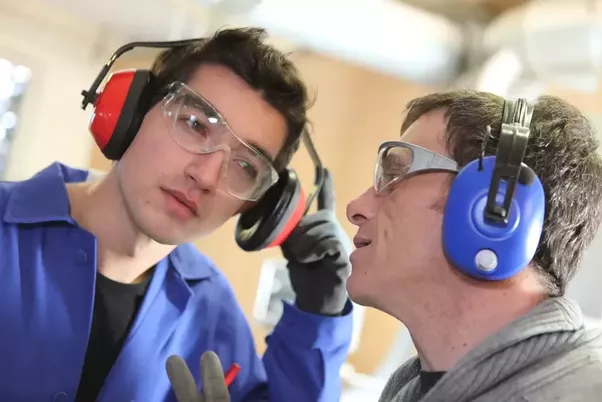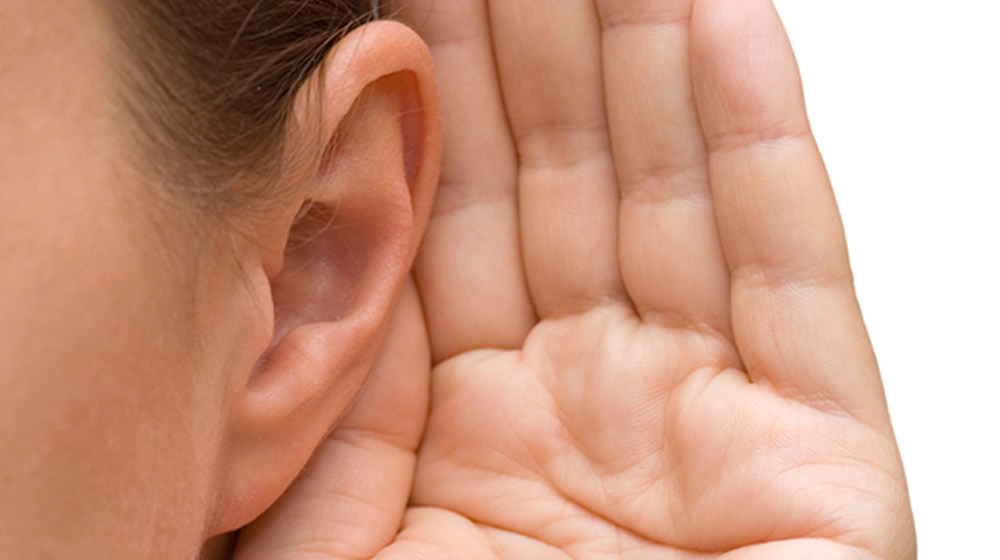The thought of adding another piece to your morning routine may seem daunting. Brush teeth. Wash face. Put in hearing aids? Purchasing hearing aids may feel like a big commitment, particularly in terms of cost and care, but the benefits of hearing aids are life-changing.
Improved physical health
Those who experience hearing loss may make a conscious choice to refrain from physical activity for fear of injuring themselves as a result of not hearing something. If your favorite aerobics class at the gym is lead by a soft speaker, you may not attend class out of embarrassment. If you love to walk around the block with chatty neighbors, you may sit out a few jaunts instead of asking to repeat the conversation.
Remaining physically active is one of the many benefits of hearing aids. Though it is possible to keep up with your physical health while experiencing hearing loss, treating the issue can lead to a more substantial physical lifestyle. Johns Hopkins even connected hearing loss with a greater risk of falling in their 2012 release. Those with untreated hearing loss are 3 times more likely to fall. Avoid that risk by wearing hearing aids.
Improved mental health
Wearing hearing aids slows down the mental decline that naturally comes with age. The National Institute of Health conducted a study on cognitive aging. They found that for Americans over the age of 65, cognitive abilities do decline regardless of whether or not the individual has a designated mental condition (i.e. dementia or Alzheimer’s). Their study helps show natural brain aging, which can then be used as a comparative marker for mental health issues.
Did you know wearing hearing aids could prevent further cognitive aging? If you hope to stave off the possibility of dementia and excessive mental decline, hearing aids may help. Additionally, hearing aids decrease your likelihood of developing depression, help you to concentrate when you’re not struggling to hear what is going on around you, and improve your directional perception. If you suffer from tinnitus, a hearing device can prevent the disease from worsening and avoid ringing in your ears. The combination of these benefits from hearing aids vastly improves mental health.
Improved sociability
Feeling better about yourself and hearing the world around you can make socializing more fun. Improved mental health translates to better relationships with those around you because you will be happier, more relaxed, and able to participate in conversations. If you can hear while out at a restaurant or party, you are more likely to meet new people and have meaningful interactions with those you do know. This leads to further social engagements and a more fulfilling social life.
The Hearing Journal posted a piece on how quality of life increases with hearing aid wear. In their study of hearing aid users and non-users, they found that the introduction of hearing aids improved 4 out of 10 participants’ lives. They cited improvements in everything from self-confidence to independence to work relationships. Additionally, 75 percent cited at least one area of their life improving as a result of wearing hearing aids. Helping you get involved in the conversation and combating isolation is one of the most important benefits of hearing aids.
Ready to look into hearing aids? Give Purchase Ear Technology a call at (270) 558-3996 or stop by our office located at 2008 Broadway in Paducah, KY.


